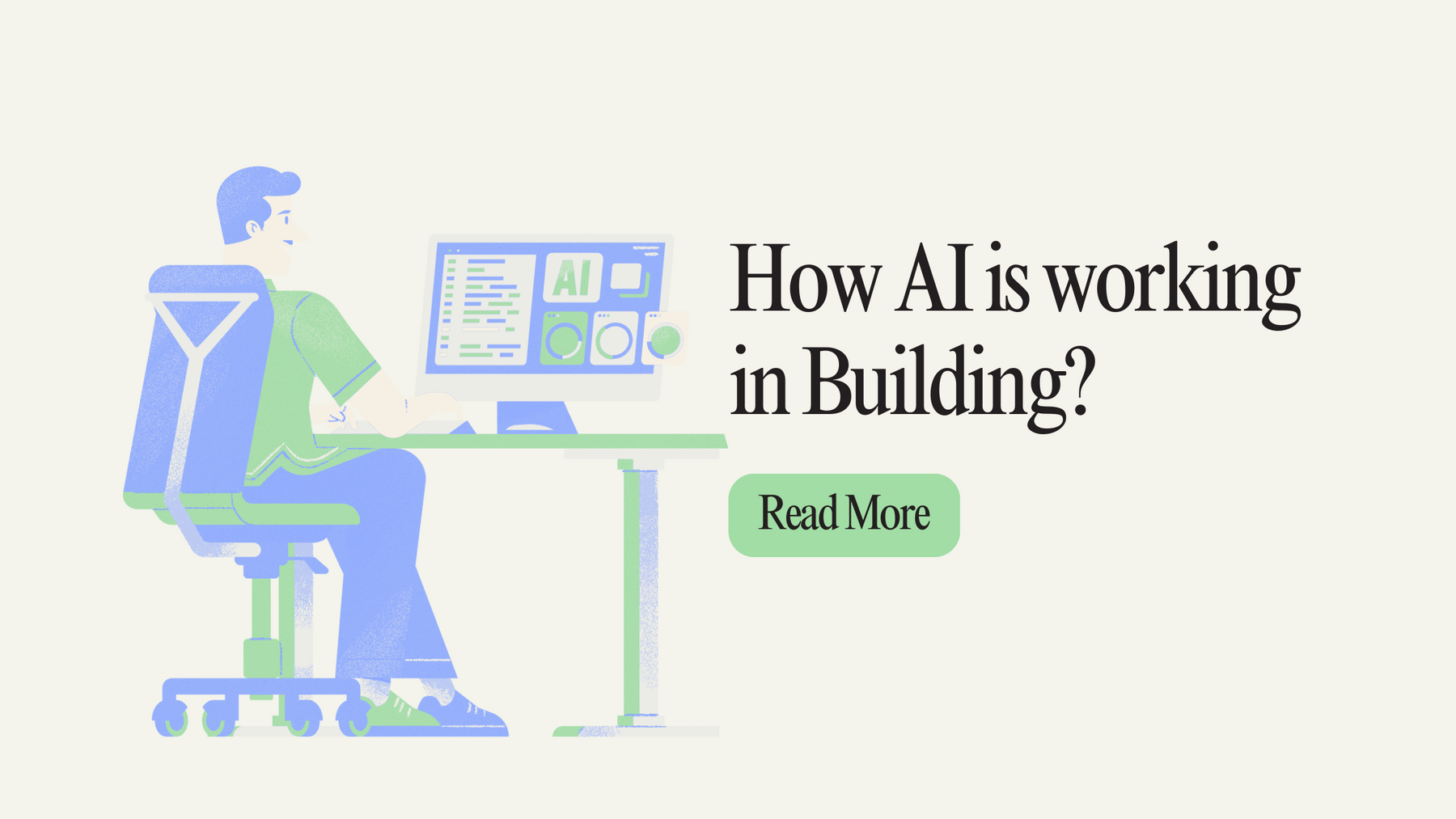We're delighted to speak with you!
CONTACT US

For years, construction has lagged behind other industries in adopting advanced technology. But that gap is closing fast — especially in the preconstruction phase. With the rise of generative AI, builders now have access to tools that can automate repetitive tasks, accelerate design iterations, and reduce the risk of costly errors before breaking ground.
Generative AI refers to machine learning systems capable of producing design options, estimating material quantities, or optimizing workflows based on a set of parameters. In construction, these tools are being used to generate multiple floor plan layouts from basic criteria, instantly calculate material takeoffs, and even simulate jobsite sequencing under different conditions. What used to take days of back-and-forth between estimators, engineers, and architects can now happen in a matter of minutes.
For example, contractors working with AI-powered platforms can upload a preliminary site plan and receive detailed framing layouts, structural recommendations, and energy efficiency models in one automated sweep. This doesn't replace the expertise of project managers or designers — it enhances it. Human oversight remains essential, but AI reduces manual input, flags conflicts early, and gives teams more options to evaluate.
Cost estimation is another area seeing dramatic improvements. AI-enabled tools can cross-reference historical project data with real-time pricing trends, labor availability, and geographic factors to produce more accurate estimates. This allows builders to avoid underbidding or overcompensating on contingencies. Instead, they can enter negotiations with confidence, knowing their numbers are backed by data.
Equally important is AI’s ability to catch errors before they turn into jobsite delays. Clashes between mechanical and structural systems, inconsistencies in design documentation, or overlooked code requirements can be identified automatically — long before ground is broken. This reduces rework, RFIs, and mid-project change orders, protecting both timelines and margins.
Of course, adoption comes with challenges. Many small to mid-size firms are unsure where to start or worry about the learning curve. That’s why the most successful early adopters are starting small — using AI for targeted tasks like estimating, scheduling, or document review before expanding to more complex applications. Even something as simple as AI-powered invoice processing or submittal tracking can free up valuable time for field teams.
At CMS, we’re watching these developments closely and already aligning our product data and documentation systems to be AI-ready. As design and planning get smarter, we want to ensure our builder partners have fast, accurate access to material insights that help them stay competitive.
Want to work with a supplier that’s ready for the future of construction?
📞 Contact Construction Material Specialists — we’re building smarter, together.
We're delighted to speak with you!
{"one"=>"Select 2 or 3 items to compare", "other"=>"{{ count }} of 3 items selected"}